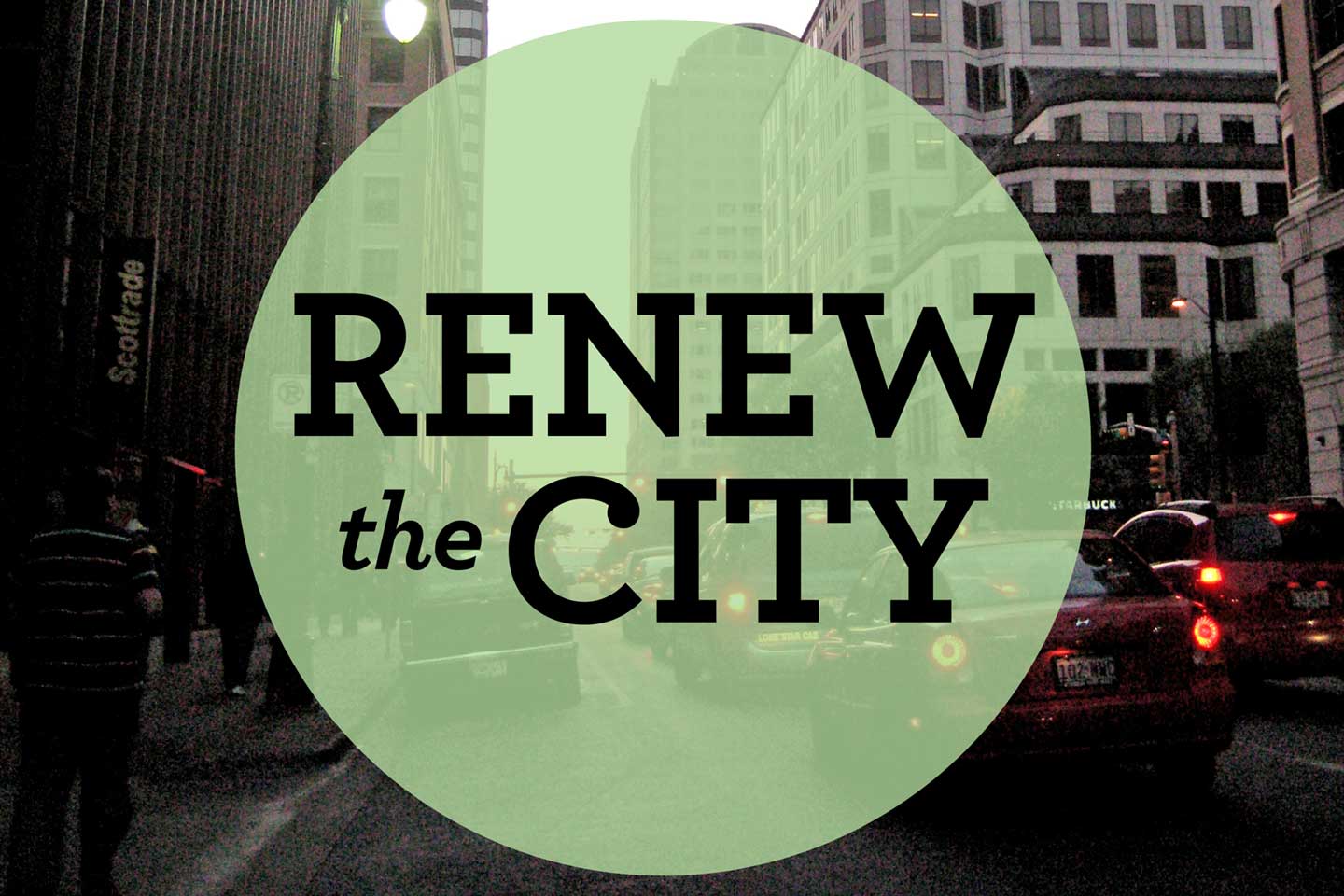 By 2000, forty million American white-collar employees were using the cubicle. What began as a customizable work environment eventually turned into an urban dungeon. Cutting us off from contact with the real world, the cubicle is scorned for suffocating productivity and community. Attempts to correct these individualistic work environments, such as co-working or collaborative workspace, have met with little to moderate success. Does work have to be so isolating?
By 2000, forty million American white-collar employees were using the cubicle. What began as a customizable work environment eventually turned into an urban dungeon. Cutting us off from contact with the real world, the cubicle is scorned for suffocating productivity and community. Attempts to correct these individualistic work environments, such as co-working or collaborative workspace, have met with little to moderate success. Does work have to be so isolating?
Tobacco and Community
In a thoughtful essay on tobacco production from Sex, Economy, Freedom, & Community, Wendell Berry lists the benefits of tobacco work. (The morality of tobacco work is another issue altogether.) Among them is the practice of “swapping work.” Tobacco, Berry points out, is a very “sociable crop,” one that calls upon the entire community for help in the setting, cutting, stripping, and harvesting of tobacco. He comments:
At these times, neighbors helped each other in order to bring together the many hands that lightened work. Thus, these times of hardest work were also times of big meals and much talk, storytelling and laughter.
I suppose that tobacco farmers could have insisted on doing the work alone, but it wouldn’t have been near as fun or efficient as swapping work. But there’s more merit to work swapping than efficiency. Berry’s reflections reverberate with community. Words like: neighbor, each other, together, many hands, big meals, storytelling, and laughter seem foreign to the professional workplace, even to contemporary expressions of church. Yet, many of these words and concepts occur frequently in New Testament descriptions of the Early Church.
Early Church Community
For example, Acts consistently describes a church that experienced a steady state of Christian community, not just meeting one another on weekends. They devoted themselves to sharing meals, sharing needs, sharing possessions, and sharing a mission (Acts 2:42-47). This radical community was in response to the gospel of Christ, a community-cultivating message that enriched the surrounding social fabric of Jerusalem (Acts 4:32-37). The gospel promoted community in private and in public, through the ministry of reconciliation. They sought God-centered reconciliation (Acts 2,7,17), ethnic reconciliation between Jews and Gentiles (Acts 10,15), and social reconciliation of the poor, sick, and lame (Acts 3:1-10; 5:12-16). The gospel of reconciliation brought very different people together publicly and privately, renewing Jerusalem socially and spiritually.
Gospel, Community, & Work
What would it look like to extend the community-cultivating power of the gospel into our cities, into our workplaces, into our churches? How would the workplace change? In the city, when our workload increases, community often declines. We buckle into the cubicle for days, only to emerge a worn-out mess. Berry recounts an increase in community when hard work sets in—more laughter, more meals, and more hands. On the contrary, urban work deadlines often bring about despair, fewer meals, less sleep, and less time at home with the family. Far from enriching community, office work can isolate individuals from coworkers and families. Ironically, Tom Rath has demonstrated that community can increase productivity. In his book, Vital Friends, Rath points out that people with best friends at work are proven to be seven times more engaged in their job!
It would appear that the city has much to learn from the country. Although some vocations are not as sociable as others, the gospel compels us to work for community and reconciliation. To honor, serve, and love those that are different from us, even the employees that get on our nerves. What if you became an agent of reconciliation and community in your workplace? Company morale and output would likely increase, and so would the glory of God in your life. Perhaps some repentance from go-it-alone work is in order. The rural wisdom of “work swapping” could take us a long way in cultivating better work, better relationships, and better communities. Wouldn’t it be great if Christians led the way?
Originally published at The High Calling



 By 2000, forty million American white-collar employees were using the cubicle. What began as a customizable work environment eventually turned into an urban dungeon. Cutting us off from contact with the real world, the cubicle is scorned for suffocating productivity and community. Attempts to correct these individualistic work environments, such as co-working or collaborative workspace, have met with little to moderate success. Does work have to be so isolating?
By 2000, forty million American white-collar employees were using the cubicle. What began as a customizable work environment eventually turned into an urban dungeon. Cutting us off from contact with the real world, the cubicle is scorned for suffocating productivity and community. Attempts to correct these individualistic work environments, such as co-working or collaborative workspace, have met with little to moderate success. Does work have to be so isolating?